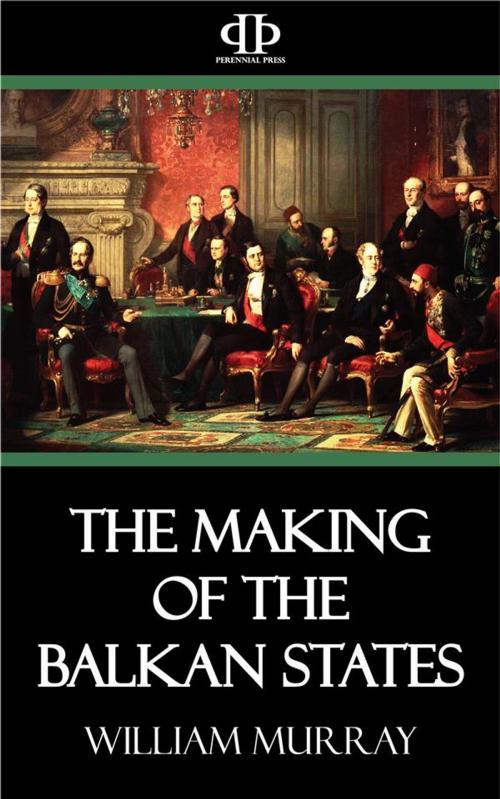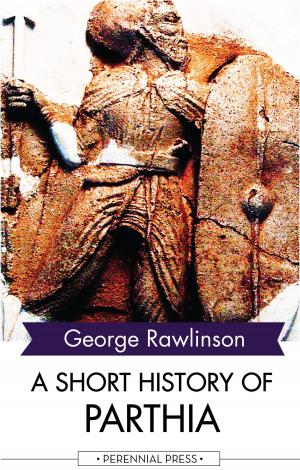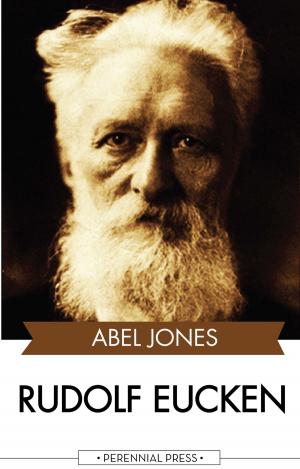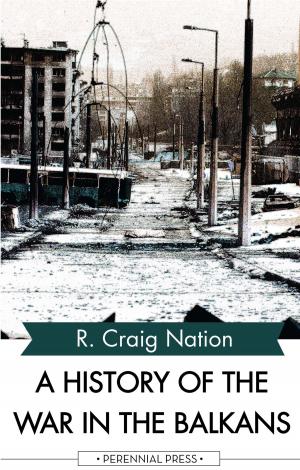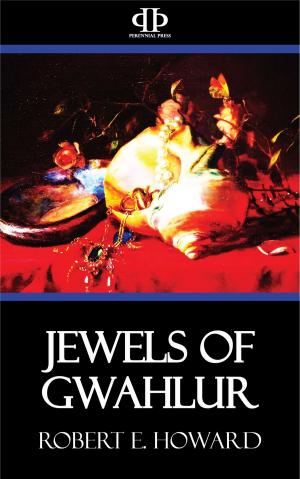The Making of the Balkan States
Nonfiction, History, Austria & Hungary, Eastern Europe, Modern, 19th Century| Author: | William Murray | ISBN: | 9781518366048 |
| Publisher: | Perennial Press | Publication: | January 9, 2016 |
| Imprint: | Language: | English |
| Author: | William Murray |
| ISBN: | 9781518366048 |
| Publisher: | Perennial Press |
| Publication: | January 9, 2016 |
| Imprint: | |
| Language: | English |
THE interference of nations in the internal affairs of other countries, although once a more common thing than it is to-day, has continued to play an important role in the creation of new states. This has happened despite the tendency of leading nations in recent times to take more and more account of the principle of non-intervention. Certain changes in ideas and conditions during the past century have, no doubt, had a most decided bearing in that connection. Keeping pace with increasingly rapid and suitable means of communication, the widening range of trade and travel has so spread out the interests of civilized countries that most nations have come to be scrupulously sensitive to the policies and practices of many others. Then too the aggressive and propagandist character of democracy and the efforts among those of the same race to achieve political unity have helped now and then to produce complications that have afforded more or less plausible excuses for intervention.
There has been, meanwhile, no lack of imperative calls for the readjustment of political relations established as a result of conquest. For various reasons, it would seem, these manifestations of discontent, especially in the Turkish empire, have been quite generally seized upon as pretexts for interference from without. It is in this connection that the suspected national ambitions of some of the European governments and the lingering faith in the balance-of-power principle have quite frequently carried so-called friendly interpositions over into destructive wars...
THE interference of nations in the internal affairs of other countries, although once a more common thing than it is to-day, has continued to play an important role in the creation of new states. This has happened despite the tendency of leading nations in recent times to take more and more account of the principle of non-intervention. Certain changes in ideas and conditions during the past century have, no doubt, had a most decided bearing in that connection. Keeping pace with increasingly rapid and suitable means of communication, the widening range of trade and travel has so spread out the interests of civilized countries that most nations have come to be scrupulously sensitive to the policies and practices of many others. Then too the aggressive and propagandist character of democracy and the efforts among those of the same race to achieve political unity have helped now and then to produce complications that have afforded more or less plausible excuses for intervention.
There has been, meanwhile, no lack of imperative calls for the readjustment of political relations established as a result of conquest. For various reasons, it would seem, these manifestations of discontent, especially in the Turkish empire, have been quite generally seized upon as pretexts for interference from without. It is in this connection that the suspected national ambitions of some of the European governments and the lingering faith in the balance-of-power principle have quite frequently carried so-called friendly interpositions over into destructive wars...
